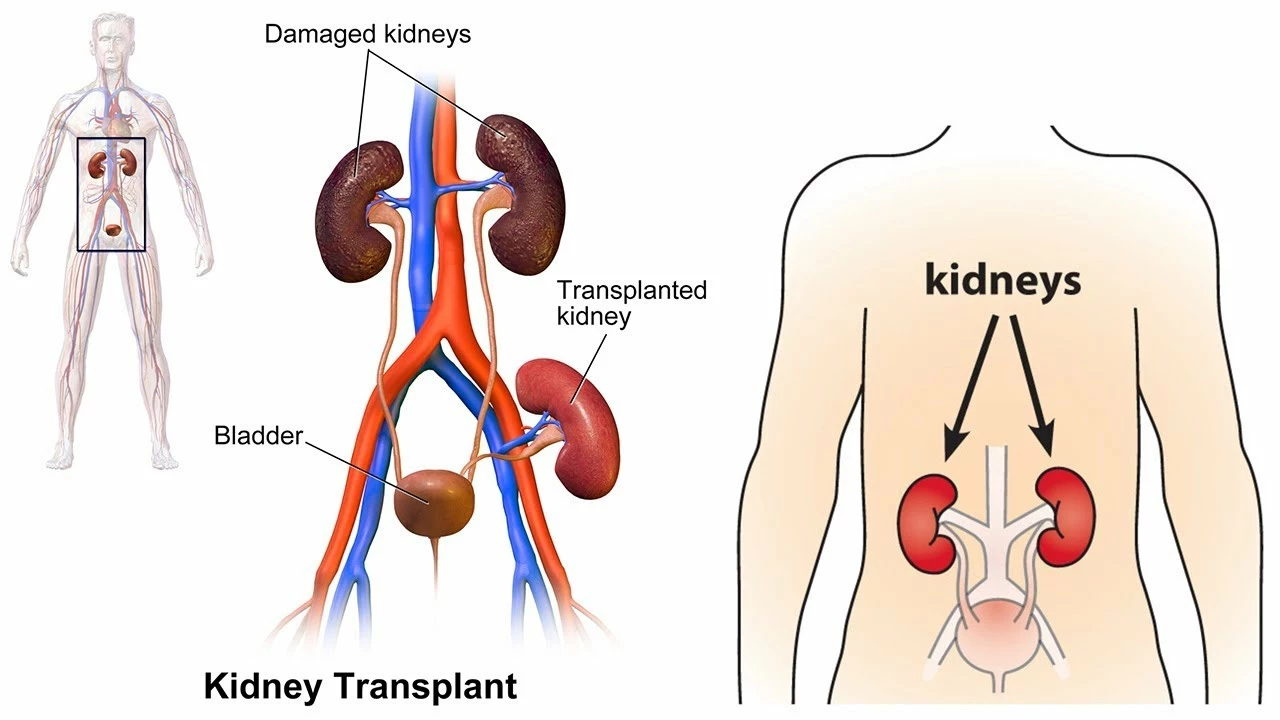Guide for Transplant Recipients: What You Need to Know
Being a transplant recipient comes with unique challenges, especially when it comes to managing your health and medications. The key to a successful transplant experience is understanding how to take care of your body post-surgery and carefully monitoring your medicine.
After a transplant, your immune system needs to be suppressed to prevent rejection of the new organ. This means you have to take prescribed immunosuppressant drugs exactly as your doctor instructs—missing doses or stopping suddenly can be dangerous. It’s a balancing act between preventing rejection and avoiding infections, so staying consistent and alert to side effects is critical.
Managing Medications and Side Effects
Many transplant recipients take several medications, which can interact in unexpected ways. For instance, some drugs may affect how your body processes others, making blood tests and regular check-ups essential. Always let your healthcare team know about any new over-the-counter meds or supplements you want to try. Even common medications like antibiotics or allergy pills can have an impact on your transplant health.
Side effects from immunosuppressants can include increased risk of infections, high blood pressure, or changes in kidney function. Keep an eye out for symptoms like swelling, unusual fatigue, or signs of infection, and report them promptly. Your doctor can usually adjust doses or switch medications to minimize issues.
Practical Tips for Staying Healthy
Besides medication, lifestyle choices play a big role in transplant success. Eating a balanced diet, avoiding raw or unpasteurized foods, practicing good hygiene, and staying physically active all help your new organ function well and lower complication risks. Also, make sure to get recommended vaccinations but consult your transplant team first, since some vaccines may not be safe for you.
Don't hesitate to seek support from transplant groups or counselors. Staying connected with others who share your experience can help you manage the emotional side of this journey. With the right care, information, and support, many transplant recipients live full, active lives.
Organ Rejection: A Patient's Perspective on the Transplant Experience
From a patient's perspective, organ rejection after a transplant can be a physically and emotionally challenging experience. The uncertainty of one's body accepting the new organ takes a toll on our mental well-being, while the potential side effects of anti-rejection medications can impact our daily lives. Additionally, the constant monitoring and follow-up appointments can feel overwhelming and exhausting. It is important for us to have a strong support system, including friends, family, and medical professionals, to help us navigate through this difficult time. Sharing our experiences with others who have gone through a similar journey can also provide comfort and a sense of community.

